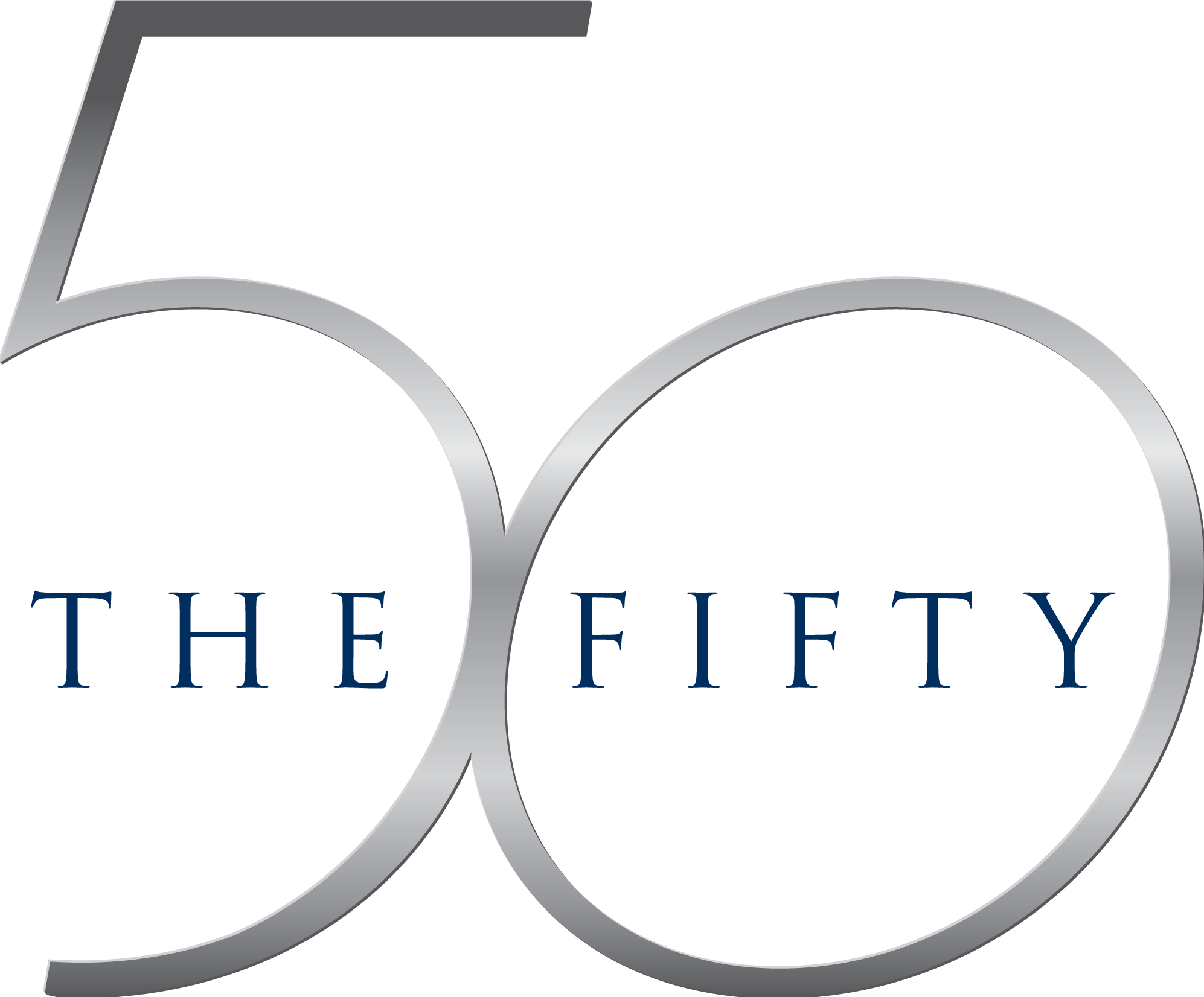
Curious about the magic behind the scenes? Dive into the untold tales and the making of our stories by subscribing to our newsletter.
Brolin Mawejje logs on to a mid-morning video call and apologizes for the glazed look in his eyes. He’s been up since four, and it feels like there's always something more to do. Today, there are clinicals to attend; there’s a fresh cadaver to be dissected. He’s sitting in a large room that resembles a study hall, and when I ask him where he’s talking to me from, it’s almost as if it takes him a moment to get his bearings and remember exactly where he is.
Dallas?
Dallas.
“I’m just a foreigner here,” he says with a grin.
That may be true of Mawejje’s relationship to Dallas, but it can no longer be said about his relationship to America. Twenty years ago, Mawejje entered this country as a foreigner who couldn’t speak a word of English, and he’s spent the following two decades finding a way to fit in nearly everywhere he’s gone. He’s found a home at swanky resorts and in elite hospitals and in college classrooms; he’s traversed nearly every region of this country, from Boston to Vermont to Jackson Hole, Wyoming to Salt Lake City and beyond.
A week earlier, he’d flown back to Africa to visit his family and realized once again just how far he’s come; a lot of the friends and relatives he grew up with, he realized, had never really left the neighborhood where he grew up. At 31, Mawejje has already traveled all around America and all around the world.
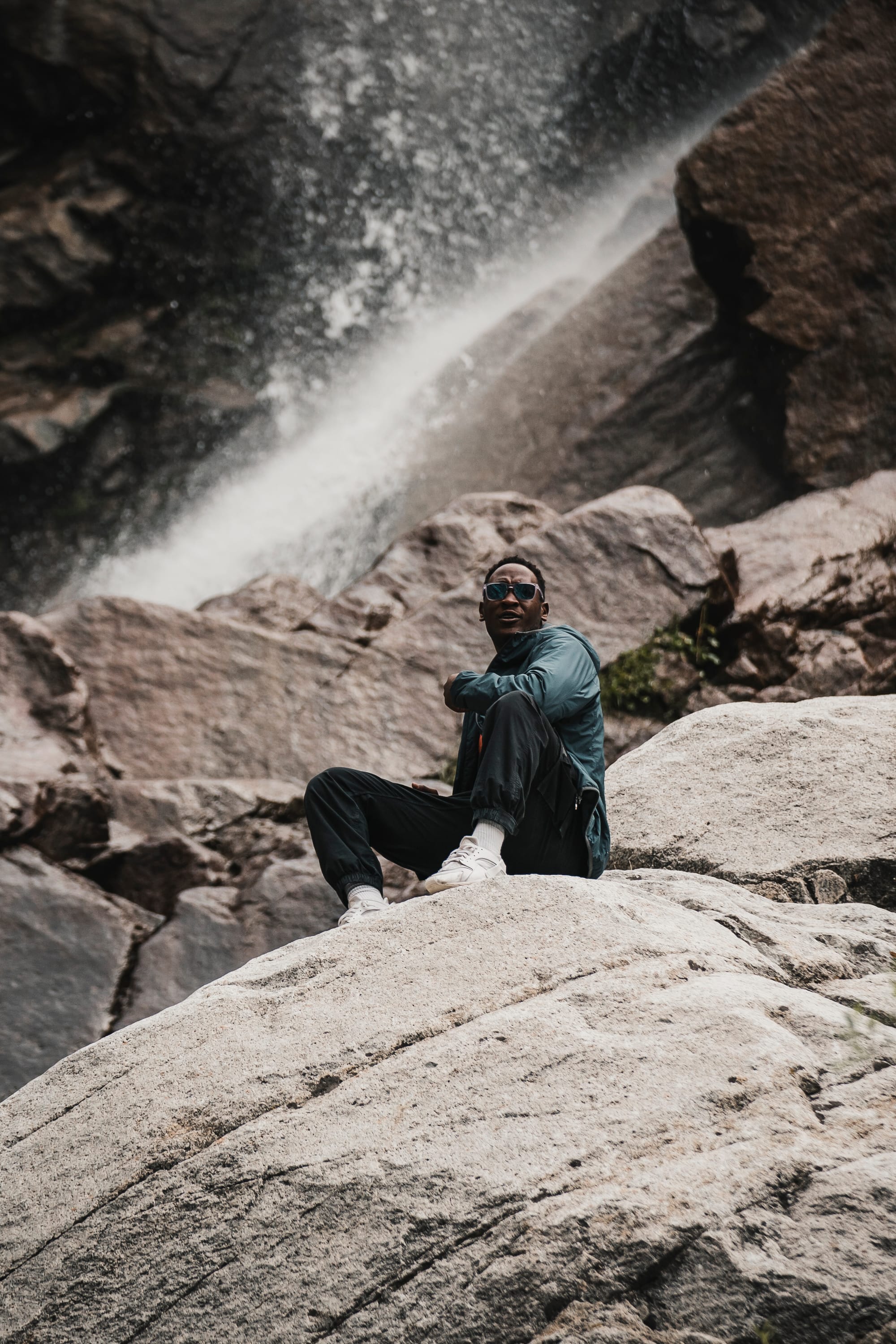
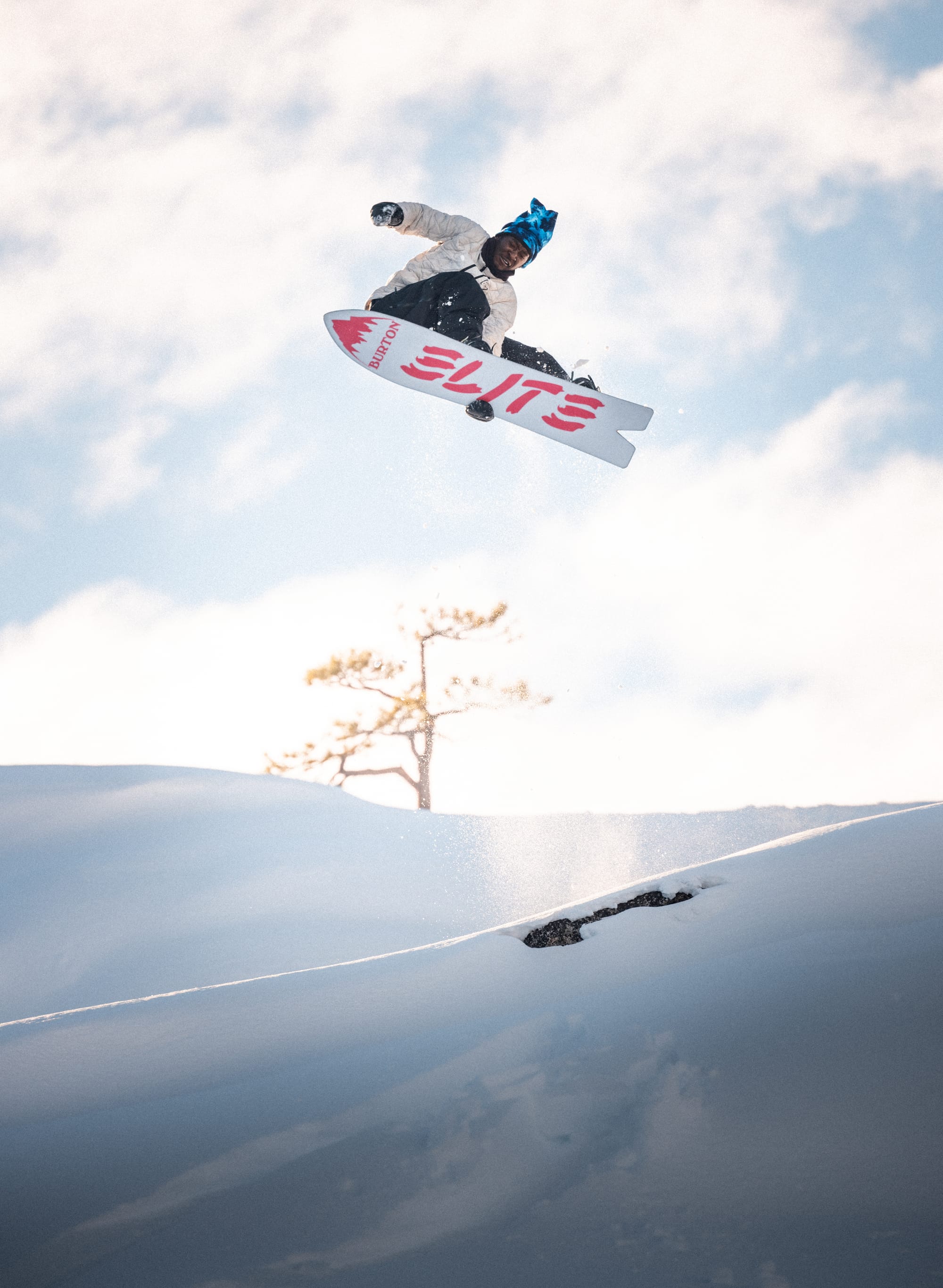
Amidst the serene backdrop of the mountains, Brolin Mawejje's dedication to snowboarding and medicine illustrates his commitment to chasing dreams and making a difference, both on and off the slopes. [Courtesy photos/Zeal Optics + Burton]
The day he stepped off the plane from Uganda and inhaled frigid New England air, a mother he barely knew whispered to him, “You’re going to be a doctor.” And now he’s closer than ever to fulfilling that dream, even as he continues to chase his other dream, advancing a career as one of the unlikeliest professional snowboarders in the history of the sport. Things haven’t always worked out the way he envisioned, but that, too, has been an essential element of his story.
And that brings us back to Dallas because Dallas is yet another way station on Mawejje’s long trip into the heart of the American dream. In Dallas, a city he doesn’t really know well at all, Mawejje is keeping his head down, finishing up his doctorate in chiropractic at Parker University, with a focus on neurology. He woke up from a nap not too long before our call, and as we began talking, I wondered aloud if he dreams of being in some snowy and faraway place that isn’t Dallas, ideally with a snowboard strapped to his feet.
“I’d love to be on top of a mountain right now,” he says, “just smiling down at a nice line.”
He hesitates. Catches himself.
“But,” he says, “you have to be a contributor beyond yourself.”
Mawejje’s story is so utterly improbable that it reads like a Hollywood logline: A young man who grew up dirt poor in Uganda, presuming he might never see adolescence, falls a whisper short of qualifying as Africa’s first-ever Olympic snowboarder, even as he chases his dream of becoming a doctor. He’s seen the best and the worst of our national culture: He formed partnerships with major sponsors like Burton, even as some snowboarders viewed him as a novelty act, like Eddie the Eagle or the Jamaican bobsled team. He’s made great friends on the mountain, even as he still sometimes experiences moments of overt racism. He’s spent 15 years diligently studying various types of medicine to find the one that fits best for him. He’s been around all sorts of people, from those who support him to those who doubt him.
He’s learned, in other words, how to make it in America.
“I'm good at the game,” Mawejje says. “I like being aware of societal concepts, and just being aware of my surroundings. It was a part of my survival blanket. Knowing where you’re at allowed you to know how to act accordingly.”
In a lot of ways, Mawejje’s story is as complex as the American dream itself, full of dichotomies and complications and diversions. He still feels like a foreigner at times, even as he is about as American as it gets these days. And he still believes in this country, even in this moment of national angst; he still believes there might be no other place in the world where a young man like him could live such an aspirational existence.
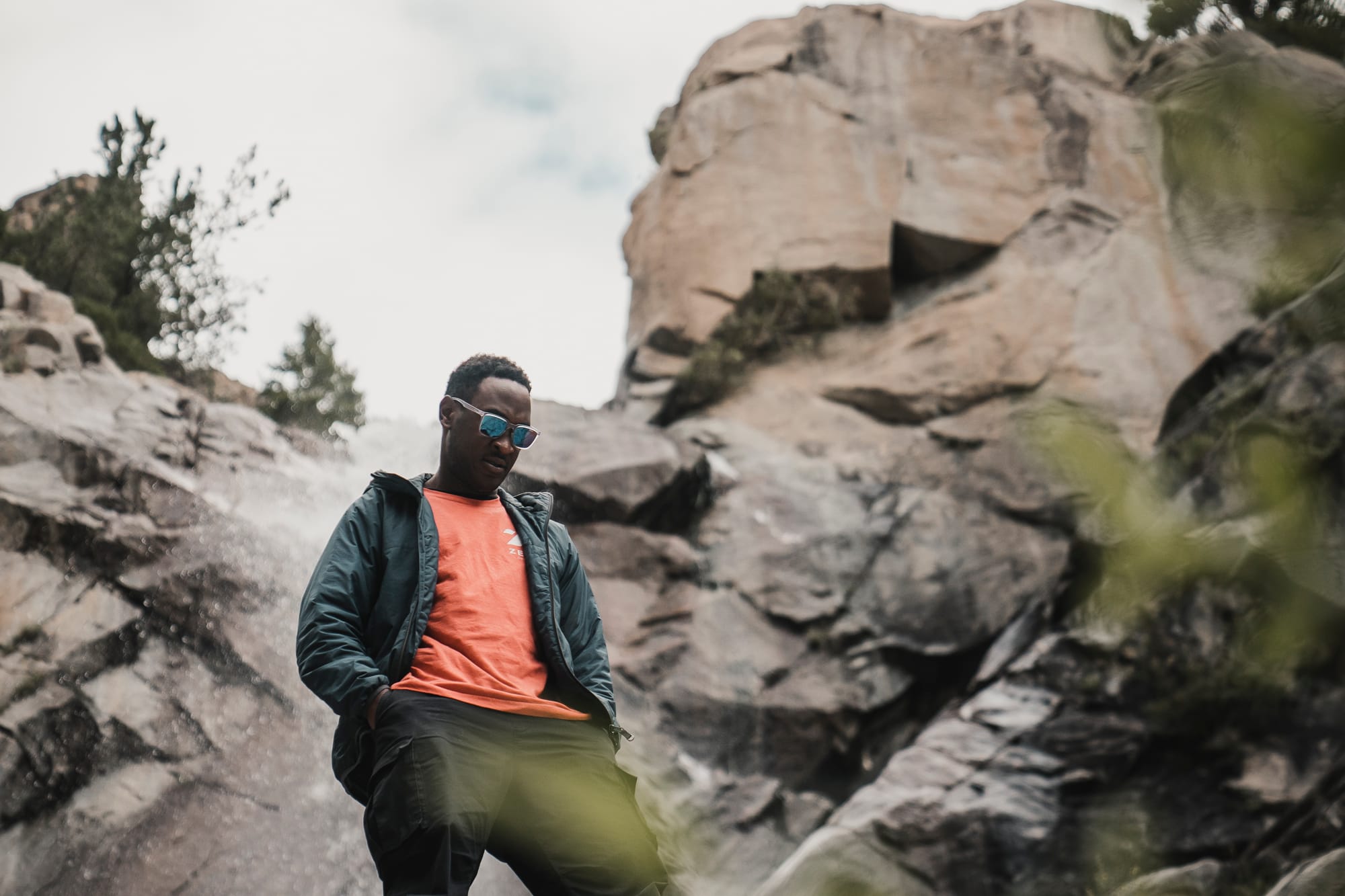
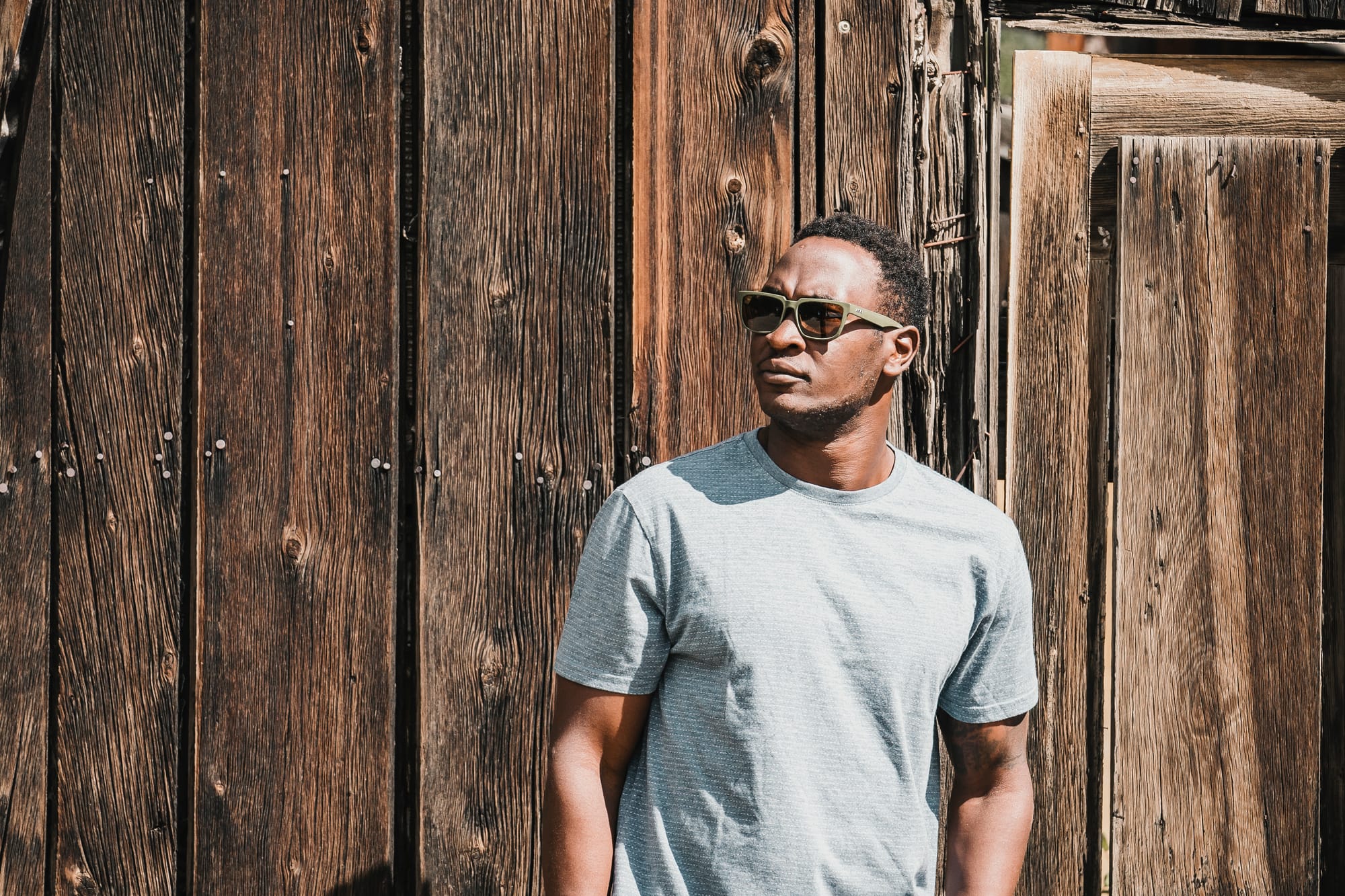
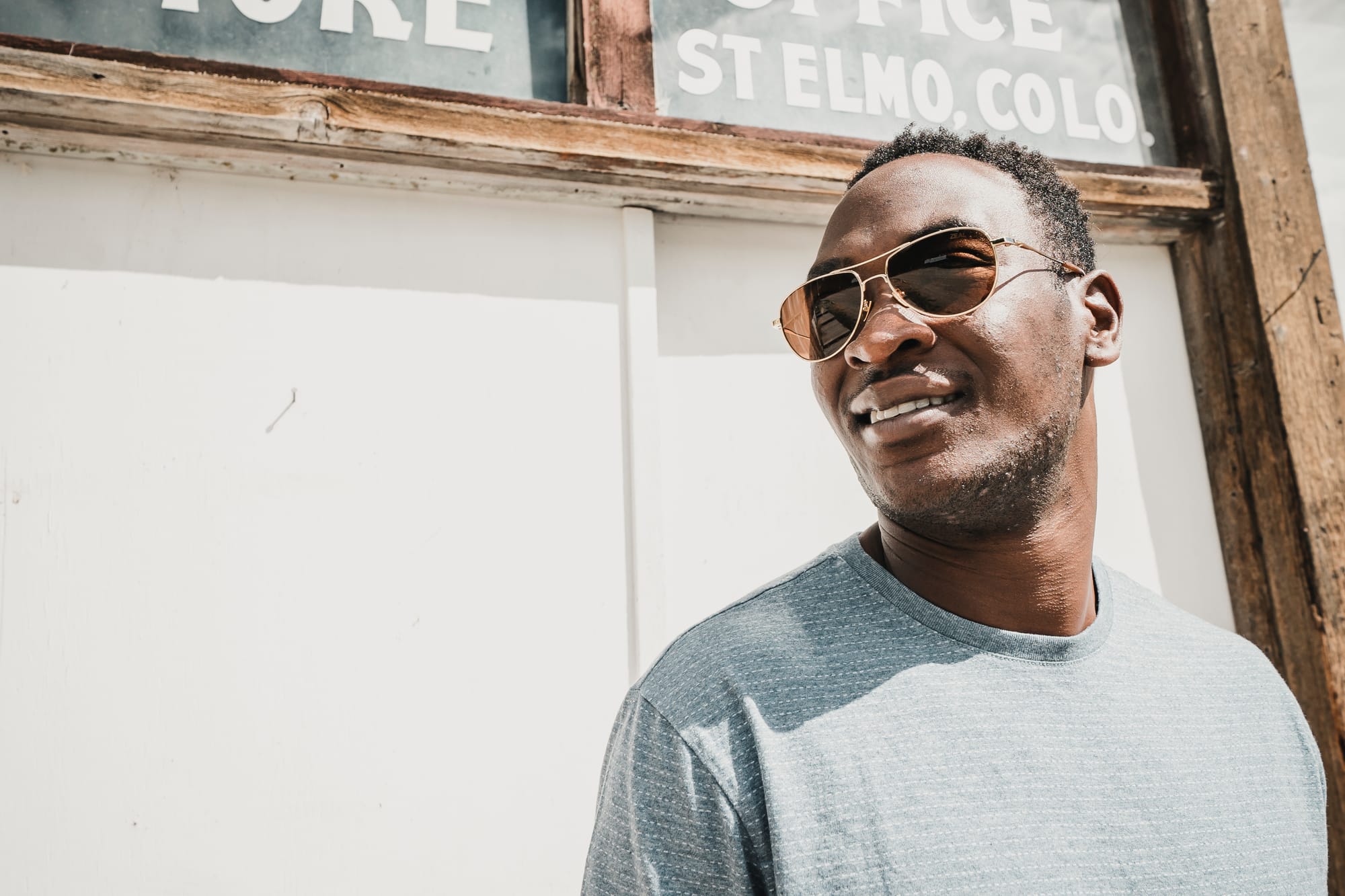
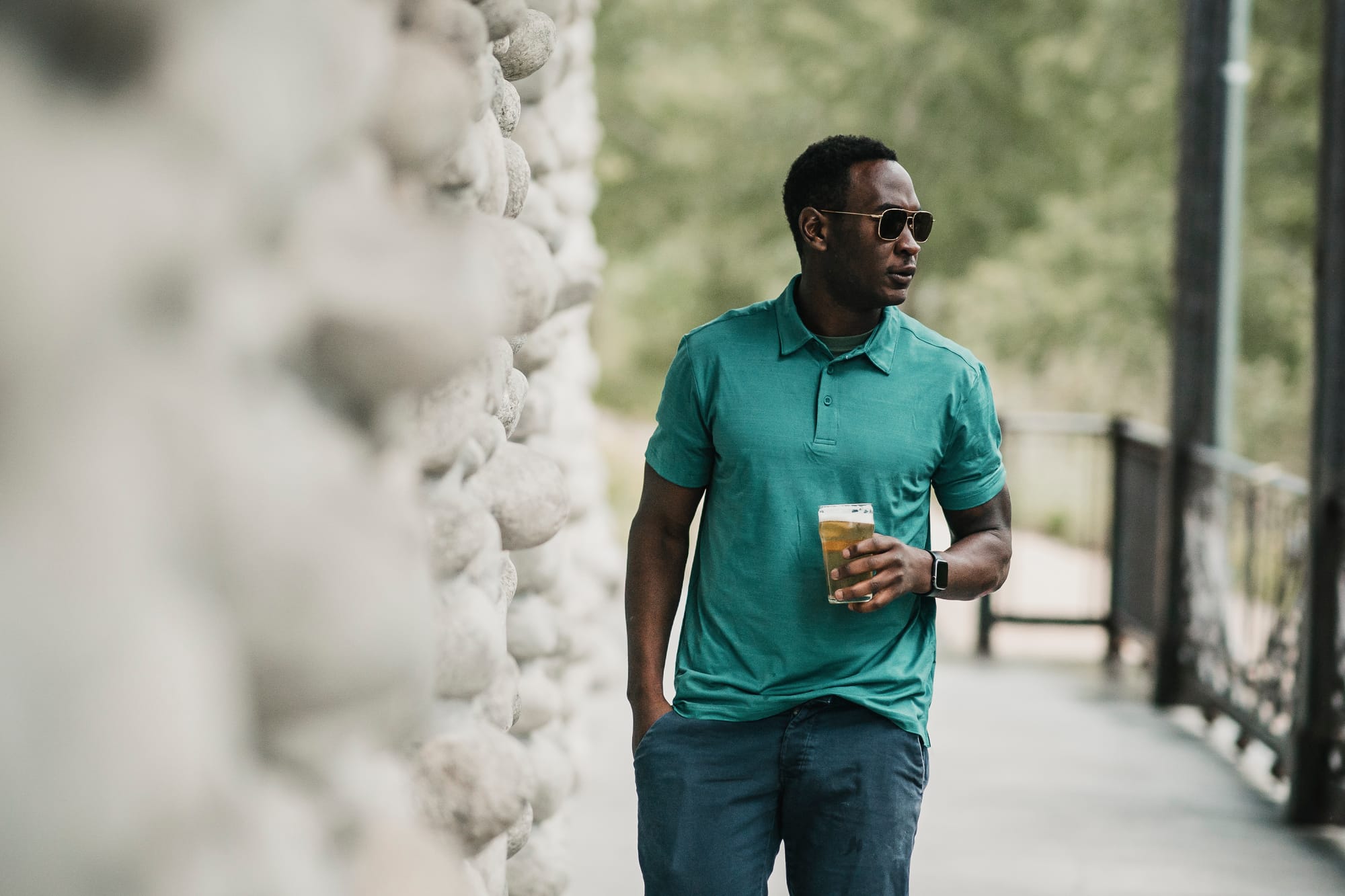
Facing challenges and moments of doubt, Brolin Mawejje's dedication to his medical studies and passion for snowboarding showcase his unique path to achieving the American dream. [Courtesy photos/Zeal Optics]
“Where else in the world are you allowed to have that freedom to say, ‘I’m an individual, I can be whatever I want’?” Mawejje says. “America challenges individuals to try to be themselves. And you can’t do that in Africa. People are going to be like, ‘Man, we’re poor. We need you to be a farmer.’”
This was the kind of life Mawejje imagined he would lead as a child. It was not always pretty: His father pushed Mawejje and his eleven siblings hard, often to the point of abuse. If his grades in school weren’t perfect, he’d take a beating. The family grew up in the slums of Uganda’s capital city of Kampala, amid the remnants of colonial buildings. His mother left when he was just a year-and-a-half old because of his father’s brutal treatment of her. As a kid, Mawejje didn’t dream of anything, except survival. He often assumed he wouldn’t make it to the age of 18.
And then, one day when he was 11, a woman drove up to him, said his name, and told him to come with her. He feared he might get kidnapped; that he might be forced to become a child soldier, or worse. But the woman said his mother had sent for him. He was going to America.
Mawejje’s father drove him to the airport, shook his hand, and wished him well in his new life. He had little more than a toothbrush, a comb, a backpack full of things, and a ticket to a place called Boston. When he got off the plane, he saw snow for the first time. His English was non-existent. His mother greeted him, showed him their home in the suburban community of Lincoln, and left for one of her three jobs. And for that first year and a half, Mawejje felt like he was swimming underwater, as if in a perpetual fever dream, his hoodie often pulled up over his eyes to avoid eye contact with his classmates.
Being a good athlete helped. He started snowboarding through a program sponsored by Burton’s Chill Foundation, and the friends he made there showed him how to skateboard. As Mawejje started playing soccer, his teammates helped him learn English.
But his home life was rocky: He had a series of conflicts with his mother, who didn’t understand his very American obsession with snowboarding. At one point, he threatened suicide with a pair of scissors. His mother’s husband suffered an illness, and he was taken in by a woman named Sandy Hessler, the mother of a close friend, whose family was planning to move to Jackson Hole, Wyoming. Mawejje went with them. And what happened there – both his growth on the mountain, where he quickly became proficient on complex trails and trained under top-tier snowboarders, and his growth in the high-school classroom, where he began his education in medicine – would forever change his life.
To Mawejje, it often felt as if all of his American friends and peers wanted to become CEOs. They wanted to follow in the footsteps of success stories like Mark Zuckerberg. Just start a company, sit back and watch it grow, and let the money roll in. That, to Mawejje, was the Western mentality: I want to do what I want to do. But Mawejje has seen so many things that most Westerners his age have never seen. There’s something innate in him, he believes, that goes back to his upbringing.
“If you look into healthcare within Western society, Africans make up a huge pillar of it,” he says. “And I think part of that is just how our culture comes at it – the idea of respect, the idea that individuals have to take care of others through sickness. I think that we just embrace that a bit better. So we don't look at it as a job. We almost look at it as like, ‘This is an extension of a family member.’”
When it actually happened to a family member – when his adoptive father, Chris Hessler, fell ill with brain cancer – Mawejje became even more convinced that his mother was right. Medicine was his calling. He started traveling along the path to becoming a doctor at age 16. Along with his adoptive brother, he attended Westminster College in Salt Lake City, both to study medicine and to continue shredding in the mountains as much as he could.
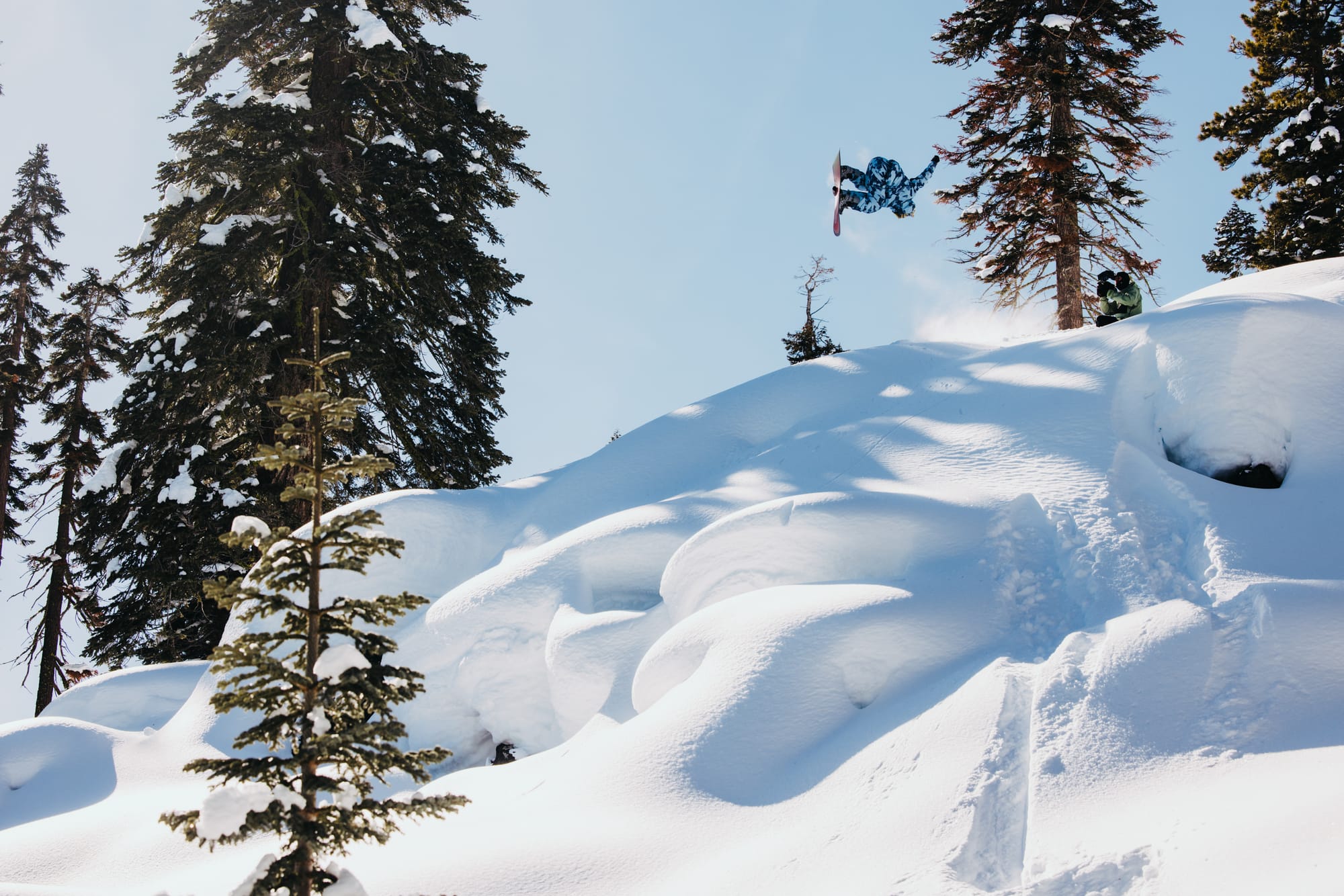
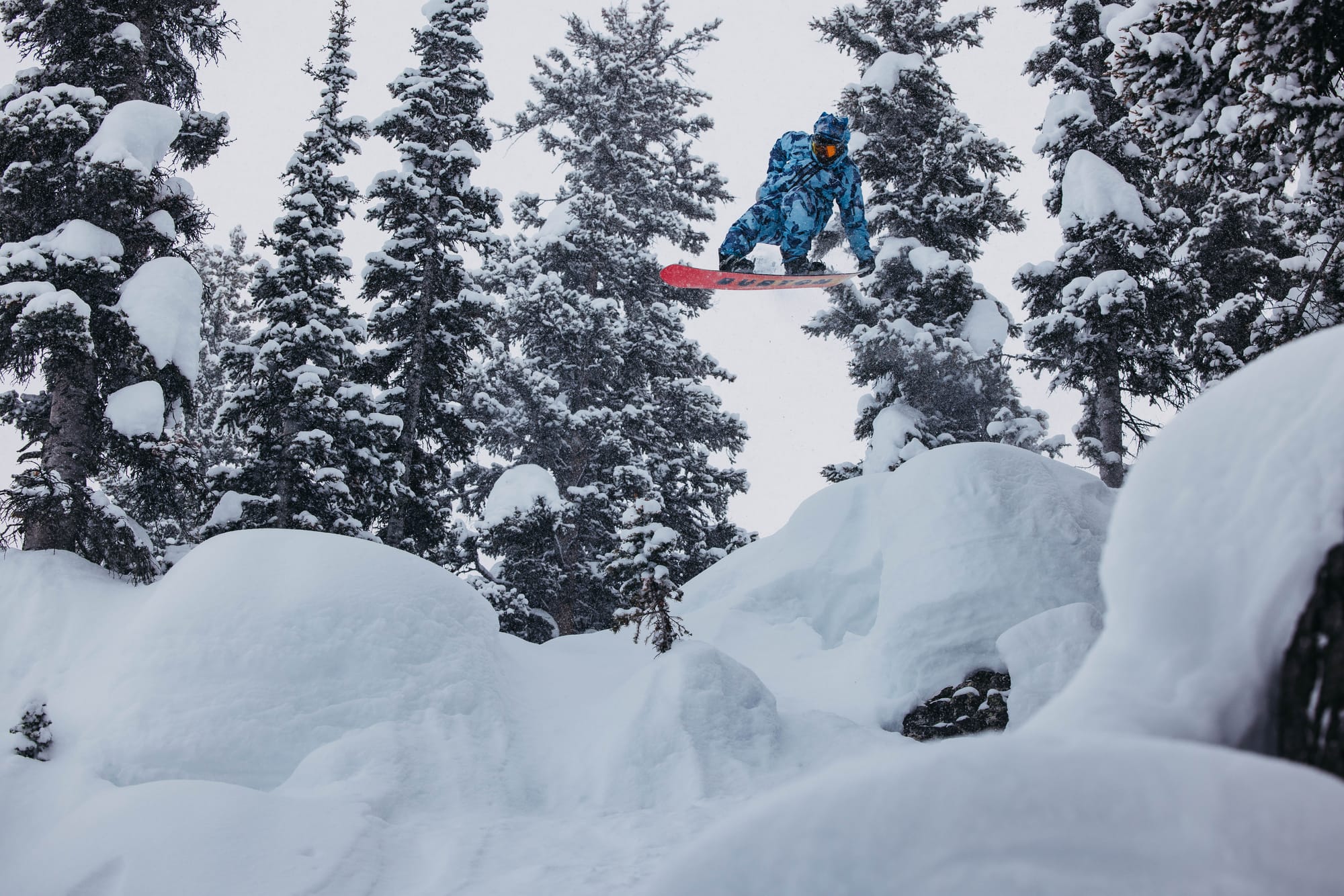
Brolin Mawejje on his path to redefine his future, shifting focus from Olympic aspirations to community-oriented medicine and backcountry snowboarding. [Courtesy photos/Burton]
He became the youngest neuro-oncology intern in the history of Massachusetts General Hospital. He got a degree in biochemistry and public health and a Master’s in epidemiology. He was a young American trying to figure out who he was, striving to balance his need to contribute to the greater good with his want to achieve his own personal goal – represent Uganda in the Olympics as a slopestyle snowboarder.
When Mawejje was 18, he became the subject of a documentary – directed by his adoptive brother, Phil – called “Far From Home,” which was distributed through Red Bull. It was, he says, a largely positive experience – one that helped him outline his goals to become an Olympian and helped him realize how far he’d come over the course of his first seven years in America – but it taught him the complexities of the social world he was stepping into, especially as a young black man. Be cool with the sponsors, but keep it real with your fellow riders. Play the game.
“There's a fine line (in snowboarding) of being good enough and cool enough without being a sellout,” he says.
Even then, on the mountain, certain people would look at him as if to say, Who do you think you are? Why are you getting the attention and sponsorship interest that I’m not? And what makes you think you belong in this world?
“There were people who thought, ‘You need to overcome your own childhood traumas and then you can participate in this.’ Because it’s not, like, a necessary sport. It’s almost like playing golf. Like you need to be in a luxurious place in life to understand it. But then I would just work three times as hard to prove them wrong.”
The path seemed clear as Mawejje entered his twenties: Make the Olympics, then become a surgeon. But the reality was far more complex. In 2018, a diagnosis of arrhythmia during a competition in Kazakhstan left him just a few points short of qualifying for the Olympics. And then came COVID. Mawejje found himself working long hours at the hospital at the University of Utah as an essential worker. And over the course of that time, he began to re-evaluate what he actually wanted.
“I just started to draw a bigger picture – how can I add on to the medical space, but also be able to incorporate some of the hobbies that I have for myself?” Mawejje says. “How did I want to be defined as a doctor? And I just decided that I’d be able to do more not only for snowboarding, but for the outdoor community and my community in general if I was doing a less invasive practice than just sitting behind a surgical table. And honestly, it was a little bit more fun.”

Through it all, the dream endured: The Winter Olympics in Beijing in 2022. And then, weeks before, with Mawejje all set to qualify, he got COVID. He was forced to sit out a number of the final qualifying events. The field got cut down due to China’s strict regulations. And Mawejje got left out again.
“You feel so lost,” he says. “You put becoming a neurosurgeon to the side to do a four-year pursuit of something, but life continues. It was devastating, but I choose to look at it in a positive light. I had accumulated all these different obstacles and diverse situations that I just had to overcome.”
That was the way his coach put it to him: The Olympics, in the end, were just another competition. The victory was in the journey itself.
“A lot of life lessons come from the simplicity of sport, and it's defined my life,” he says. “It's changed my life forever. It’s allowed me to be the person I am.”
Over the past couple of years, Mawejje came to realize that the Olympic dream is no longer something he wants to chase. He’s set his sights on a new snowboarding goal: The Natural Selection Tour, a backcountry snowboarding circuit devised by one of his idols, Travis Rice.
That means taking the snowboarding skills he already had and refocusing them – ”It’s like Michael Phelps saying he’s going to swim the English Channel,” he says – as he moves from the contained course in slopestyle to the skills needed for backcountry, which involves traversing unmarked and unmaintained areas. He’s already learned how to ride a snowmobile, and his medical skills could also come in handy in the rough terrain.
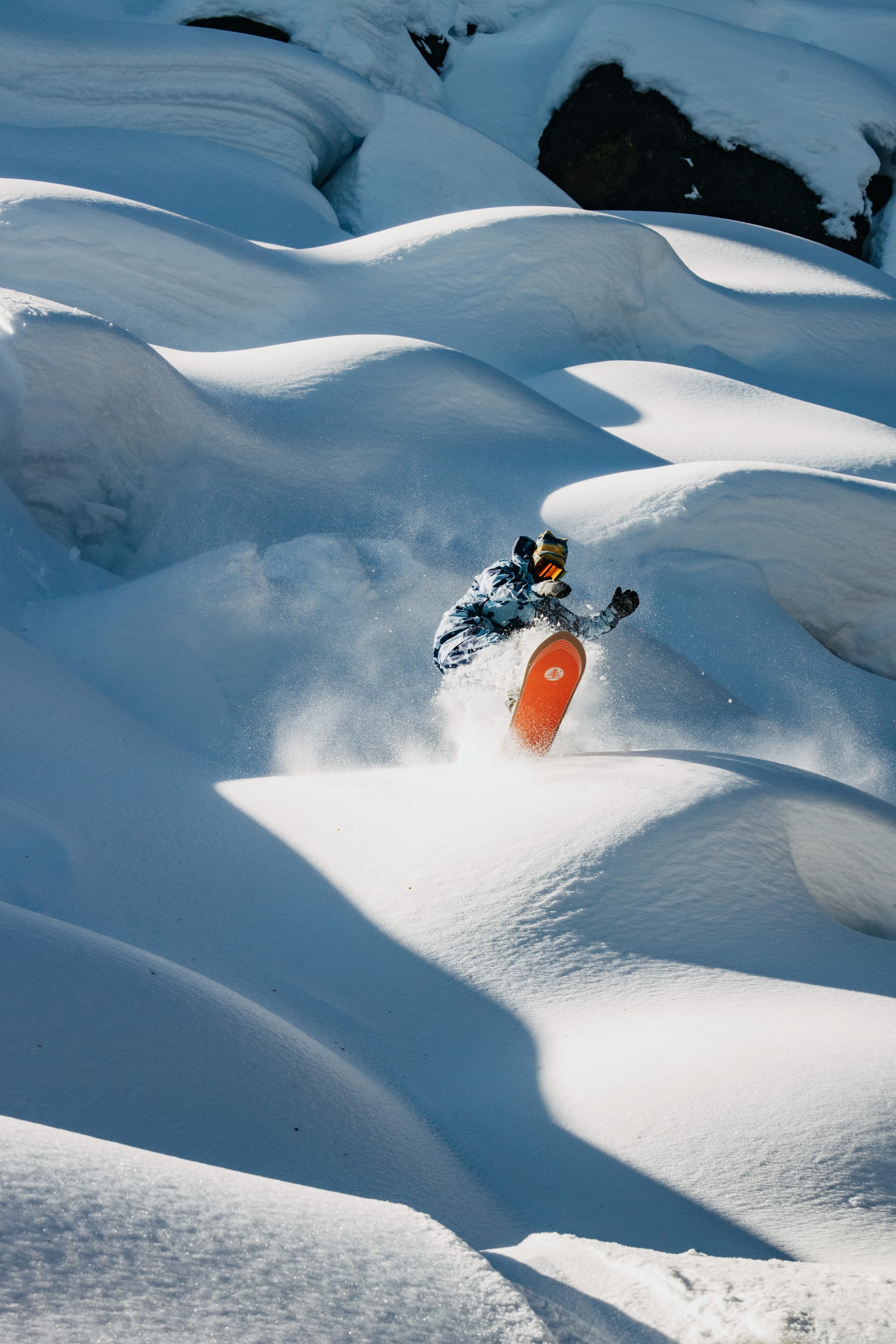
At the same time, Mawejje has refocused his pursuit of medicine: He now dreams of finishing his residency and then opening a chiropractic clinic in Park City, Utah, where he can utilize his extensive medical background to treat patients.
He knows how lucky he is just to have the opportunity to do any of these things, particularly when he goes back to Uganda and sees where he started from. Sure, it hasn’t always been pretty, and it hasn’t always gone according to plan. But Mawejje is here, in America, in a country that might be struggling with its cultural identity right now, but still offers a path for people like him to live a remarkable life.
“This might sound uberly patriotic, but this is still one of the best places societally to have the freedom to be whatever you want to be,” he says. “If you see some of the challenges that you have as an American, then you try to see the challenges people have in Africa… I’m a big fan of America. I’m a big critic of America, too. But I really believe this is the best culture, because I was born in a completely different culture, and I’m so far away from home. And yet I’m here.”
Advertising and sponsorship opportunities are available. Contact Jim Hoos at jhoos@r1s1sports.com or 602-525-1363.